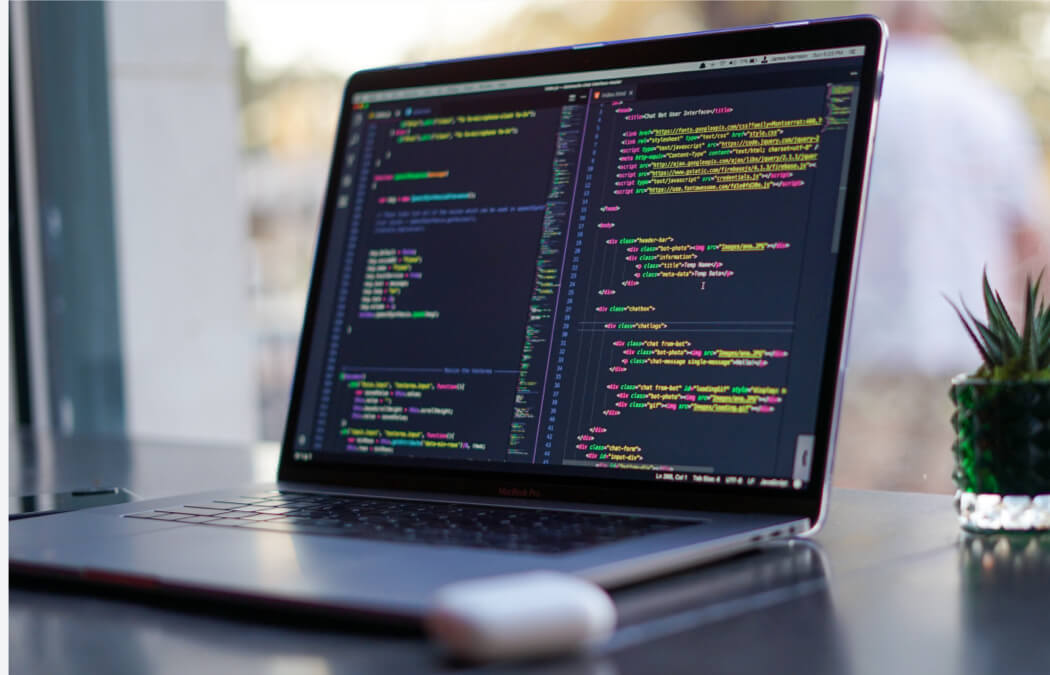Our program draws on the University’s leading scholars in computer science, statistics, and a range of other disciplines. We offer curricula spanning humanities and social and natural sciences, mirroring the cross-cutting nature of data science.
Career Paths in Data Science
Image

Data Analyst
- Curates insights from existing data
- Looking at the unknown from new perspectives
- Programming languages like Python, R, SQL, HTML, JavaScript
- Spreadsheet Tools (Excel)
- Data visualization like Tableau
- Identifying data quality issues and partialities in data acquisition
- Creating reports to help a business executive make better decisions
- Typical degree: Undergraduate B.S or B.A
Image

Data Scientist
- Can predict the future based on patterns, estimate the unknown
- Generates their own questions and then uses skillset to find answer
- More advanced skillset of data visualization, advanced statistical techniques, and programming
- Knows how to get the data that they need to perform the analysis they want
- Programming languages like Python, R, SAS, Matlab, SQL, Hive, Scala
- Distributed computing frameworks like Hadoop
- Big data packages like Spark, AWS
- Machine learning skills
- Typical degree: Masters or PhD, sometimes Undergraduate degree depending on the company
Image

Data Engineer
- Builds scalable, high-performance data infrastructure for delivering clear business insights from raw data sources that the data scientists often interact with
- Tools: SQL, MySQL, NoSQL, Cassandra, and other data organization services
- Advanced database and programming knowledge
- Typical degree: Undergraduate or Masters with a degree in Computer science or engineering
Image

Machine Learning Engineer
- Develop algorithms that can receive input data and leverage statistical models to predict an output while updating outputs as new data becomes available
- Sits at the intersection of software engineering and data science
- Ensures that the raw data gathered from data pipelines are redefined as data science models that are ready to scale as needed
- They feed data into models defined by data scientists
- Can take theoretical data science models and scale them out to production level models that can handle terabytes of real time data
- Skills: Python, Java, R, C++, C, JavaScript, Scala, Julia
- General education requirements: Master’s or PhD in computer science, math, or statistics
- Experience with vision processing, deep neural networks, Gaussian processes, and reinforcement learning
- Experience with distributed systems and messaging tools
Data Science Interview Prep Resources
- 7 Steps to Ace a Data Scientist Job Interview: Analytics/Inference Track (Medium)
- Data Science & Machine Learning Interview Guide (Analytics Vidhya)
- Free Data Science Interview Prep Course (Udacity)
- 109 Data Science Interview Questions and Answers (Springboard)
- Data Science Interview Study Guide (Medium) - includes probability, machine learning and coding review
- Cheat Sheets for AI, Neural Networks, Machine Learning, Deep Learning & Big Data (Becoming Human)
More UC Berkeley Career Resources for Data Science Majors
Not sure where to start? Check out this presentation from the Career Center on Preparing for a Career in Data Science
For further career advising including resume review, career prep and job search strategies, contact the UC Berkeley Career Center


